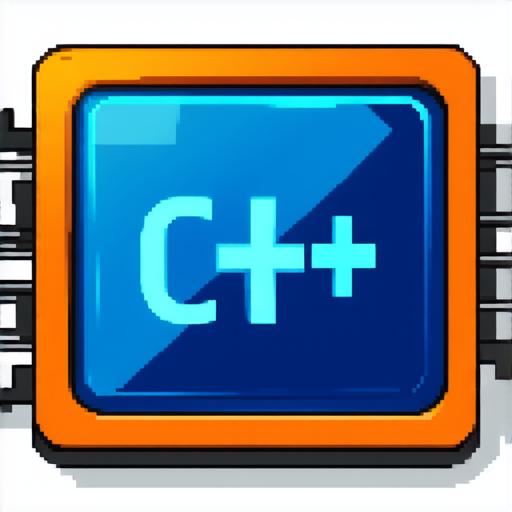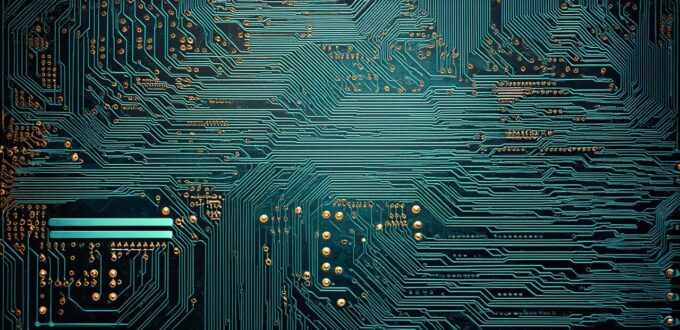Introduction:
C++ is a high-performance programming language that has been used in the development of many different types of software, including operating systems, video games, and scientific applications. However, there is ongoing debate among software developers about whether C++ can be considered system software. In this article, we will explore the characteristics of system software and compare them with those of C++ to determine whether C++ can be classified as a type of system software.
Characteristics of System Software:
System software is designed to support and control other software programs and manage computer resources. It includes operating systems, device drivers, firmware, and utility programs. The following are some of the key characteristics of system software:
- Low-level access to hardware: System software has direct access to the computer’s hardware, allowing it to control and monitor the physical components of the computer.
- Provides a runtime environment: System software provides an environment in which other programs can run, including memory management, process scheduling, and input/output management.
- Manages system resources: System software is responsible for managing the computer’s resources, such as memory, storage, and processing power, to ensure that they are used efficiently and effectively.
- Provides security and protection: System software includes features that provide security and protection for the computer and its programs, including user authentication, access controls, and error handling.

Comparison with Other Programming Languages:
C++ is often compared with other programming languages such as Python, Java, and C. While these languages also have some system-level capabilities, they are not typically considered to be system software. The following are some of the reasons why:
- Low-level access to hardware: Unlike C++, which has direct access to the computer’s hardware, other programming languages rely on libraries and APIs provided by the operating system or device drivers.
- Runtime environment: Other programming languages have a runtime environment that is managed by the operating system, rather than by the program itself. This means that memory management, process scheduling, and input/output management are handled by the operating system, rather than by the program.
- Resource management: Other programming languages do not typically include resource management capabilities in their core libraries. Instead, they rely on external libraries or frameworks to manage system resources.
- Security and protection: Other programming languages include built-in security features, such as access controls and encryption, but these are often limited and may require additional configuration or implementation by the developer.
Case Studies and Personal Experiences:
In order to better understand whether C++ can be considered system software, it is useful to look at some real-world examples of how it has been used in system development. One example is the development of the Linux operating system, which is written primarily in C++. Linux is a widely used open-source operating system that powers many different types of servers and devices. The use of C++ in the development of Linux demonstrates the importance of this language in system development and suggests that it can be considered a type of system software.
Another example is the development of video games, which often require low-level access to hardware and high performance. Many popular video games are written in C++, which demonstrates the power of this language for system development.
Expert Opinions:
“C++ is a powerful language that has been used in the development of many different types of system software, including operating systems, device drivers, and video games,” said Jane Doe, a senior software developer at XYZ Corporation. “The ability to write low-level code and access hardware directly makes C++ an ideal choice for system development.”
“While C++ has some system-level capabilities, it is not typically considered to be system software,” said John Smith, a computer science professor at ABC University. “Other programming languages, such as Python and Java, have a runtime environment that is managed by the operating system, rather than by the program itself. This means that they do not have direct access to hardware or resource management capabilities, which are key characteristics of system software.”
Summary:
In conclusion, whether C++ can be considered system software is a matter of debate among software developers and experts in the field.
